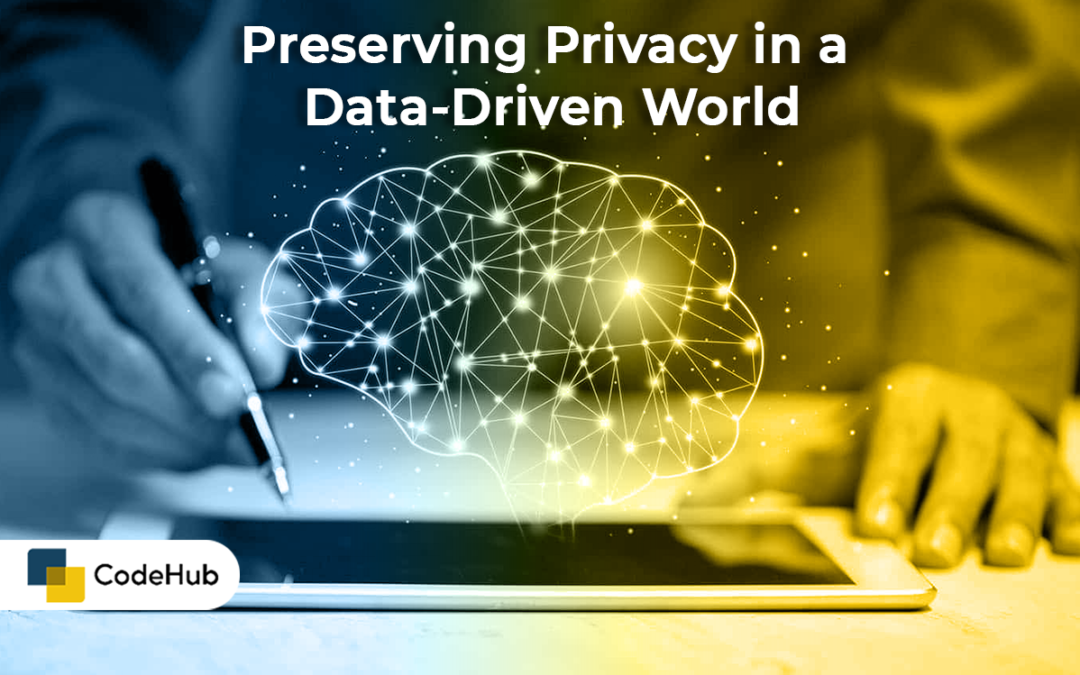We live in a world where data is everywhere. Data is collected, stored, analyzed, and used by various entities for various purposes. Data can provide insights, predictions, and personalized services that can benefit individuals and society. However, data can also pose risks to privacy, security, and human dignity. How can we balance the benefits and risks of data in a way that respects the rights and interests of data subjects?
One possible answer is to adopt a human-centric approach to data governance. This means that data should be treated as an extension of the human self, and that data subjects should have control and agency over their own data. Data subjects should be able to decide what data they want to share, with whom, for what purpose, and for how long. Data subjects should also be able to access, correct, delete, or transfer their data as they wish. Data subjects should be informed and consented about how their data is used and what benefits or harms they may incur.
A human-centric approach to data governance requires a combination of legal, technical, and social measures. Legal measures include laws and regulations that protect the privacy rights of data subjects and impose obligations and accountability on data controllers and processors. Technical measures include tools and methods that enable data protection by design and by default, such as encryption, anonymization, pseudonymization, differential privacy, federated learning, and blockchain. Social measures include norms and values that foster a culture of trust and responsibility among data stakeholders, such as transparency, fairness, non-discrimination, and solidarity.
A human-centric approach to data governance also requires a global and collaborative effort. Data flows across borders and jurisdictions, creating challenges for harmonizing privacy standards and enforcing privacy rules. Data also involves multiple actors and interests, creating conflicts and trade-offs among different values and goals. Data governance should therefore be based on multilateral dialogue and cooperation among governments, businesses, civil society, academia, and individuals. Data governance should also be guided by universal principles and best practices that reflect the common good and the public interest.
Data is a powerful resource that can drive innovation, growth, and social welfare. However, data is also a sensitive asset that can affect the dignity, autonomy, and well-being of individuals. Preserving privacy in a data-driven world is not only a legal obligation but also a moral duty. By adopting a human-centric approach to data governance, we can ensure that data serves humanity rather than harms it.

